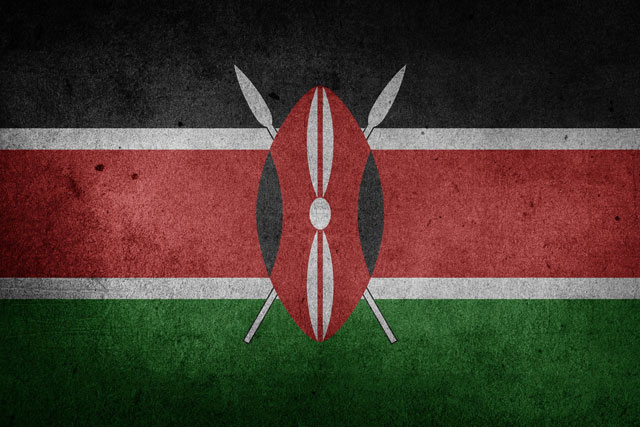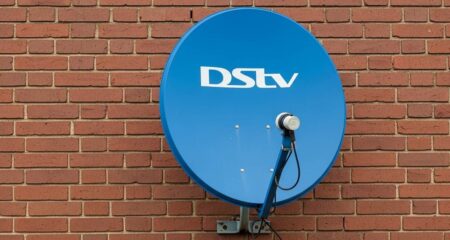
Tuesday’s launch of an online reality television show called #BreakTheNet is just the start of a big push by Cell C into the media business.
The mobile operator’s executive head of marketing, Doug Mattheus, told TechCentral at the #BreakTheNet launch in Johannesburg that the company is engaged in discussions with a number of parties that could result in it launching its own Netflix-style video-on-demand offering targeted at both its fibre broadband and wireless customers, for example.
It is talking to a number of video content aggregators and will choose one “soon”.
“We have met with MGM Studios in Los Angeles to find out what content we can pick up from them. We are exploring our options. I’m not going to say we will definitely do it … but worldwide, telecoms companies are using content for user ‘stickiness’,” he said.
Cell C is still in the early stages of figuring out the business model and how to monetise content, however. #BreakTheNet, or #BTN for short, is not meant to be a money spinner but is rather a way for the operator to start to understand the media market and its potential, he added.
The success metrics for the #BTN show are the number of views and interactivity from customers. “In the longer term, we will figure out what the model is — is it ad sales, or partnering, or finding a sponsor? We are quite open to the various options. The first show is a marketing experiment.”
Cell C is so confident that #BTN will be a hit, though, that it’s already commissioned a second series for 2017.
In the longer term, it is keen to offer a wider range of packages to consumers, not only over fixed infrastructure where it provides uncapped bandwidth on the infrastructure deployed by fibre-to-the-home specialist Vumatel, but also across its own 4G/LTE network.

“On 1 October, we will launch some very aggressively priced fixed LTE packages as an ADSL replacement that will allow people to binge-watch,” he said, without elaborating further.
Mattheus said original content is on Cell C’s radar, too. “We are an open book. We want to make what is relevant to our market. It’s a question of finding niches and generating something that has stickiness and freshness.”
That won’t extend to trying to compete with MultiChoice’s DStv for the right to broadcast live sports, with Mattheus saying it’s too expensive to bid for those rights.
“DStv is fantastic. We don’t want to go up against them,” he said. “But we are looking at lifestyle sports programming. What happened after the game, in the locker room, on the bus trip home?”
He hinted that the company could seek to exploit its sponsorship of the Cell C Sharks more online. — © 2016 NewsCentral Media




